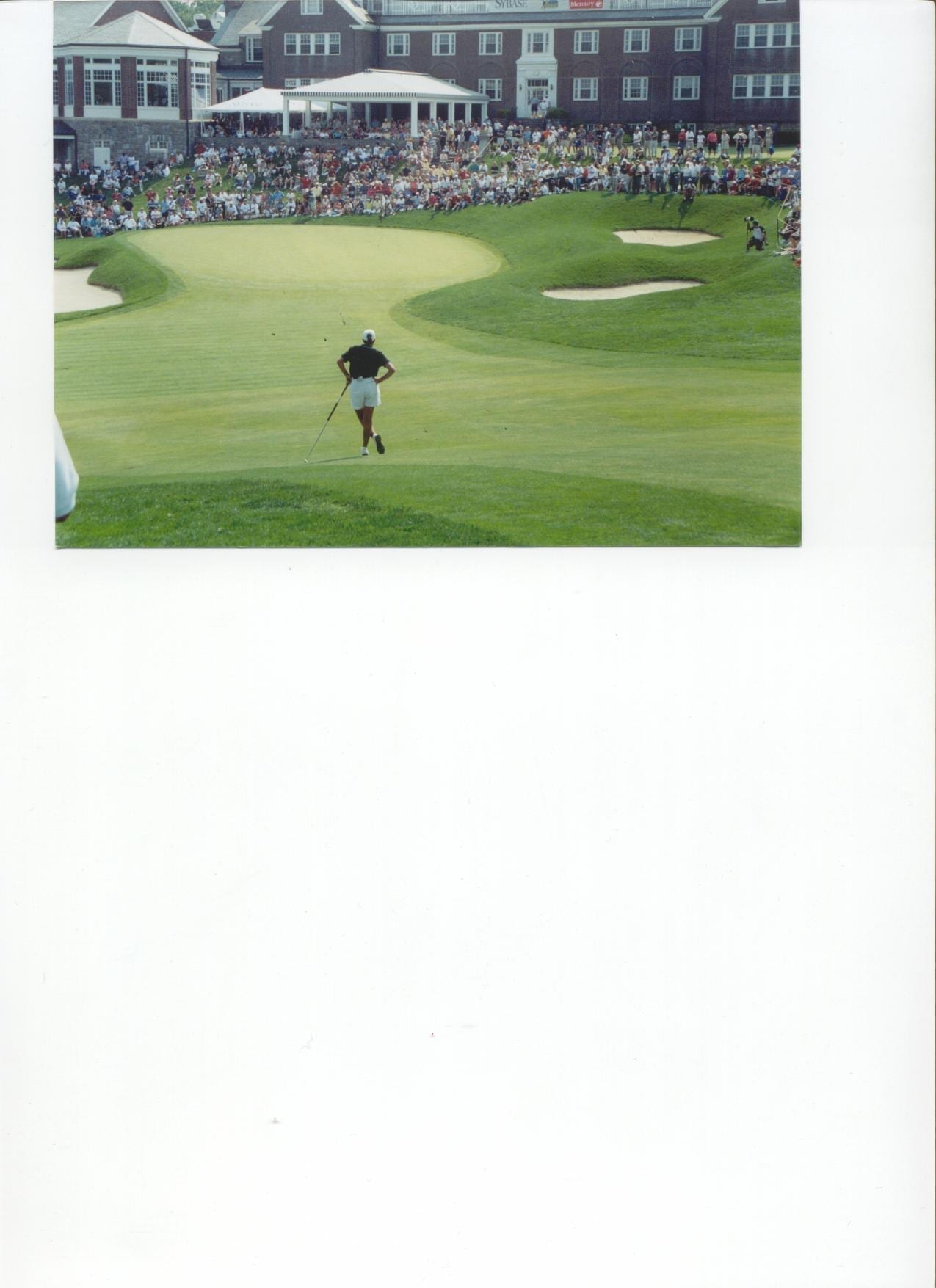Part of the charm of the 1965 Broadway hit “The Roar of the Greasepaint-The Smell of the Crowd” was found in the brilliance of its title, which conjures up the loss of boundaries between performer and audience. The fusion of audience and performer is part of the joy of live performances.
Since the arrival of COVID-19 we have been witness to a litany of unusual, unprecedented things, including the appearance of sporting events without an audience. Something seems eerie when you watch famous athletes play without the roar of the crowd.
All performances are generally played in front of an audience. When you work with a superstar athlete or a celebrity, you inevitably feel the energy of the worldwide audience that is being contained within the person of the athlete. This contributes to the aura or the so-called ‘charisma’ that is felt when you’re in their presence. My wife once met the famous pianist Vladimir Horowitz and she said it was like he had a halo around him. I recall the time I saw President Jimmy Carter in person and I felt that same kind of energy, which comes from being the center of worldwide attention and adoration.
I am certain that when PGA tour golfers play without a live audience, they recognize that something is missing. What’s missing is the love of the fan manifest by their applause.
This love or adoration is palpable and powerful. So much so that most of my practice as a sport psychologist focuses on the problems athletes have when they cannot cope with the audience’s love. The best comment I have ever heard about crowds was when Bob Dylan was asked why he so often plays with his back to the audience. “Hey, man, there’s an awful lot of people out there and, you know, they can kill you with kindness.” By the way, shortly after that comment he was nearly killed in a motorcycle accident.
Athletes and singers must learn to cope with the adoration of the crowd or else they are finished. I could provide you with many examples of this. Watch any golf tournament and you will see that nearly every golfer will back up or lose form as they approach the lead. Only the strongest players like Tiger Woods or Jack Nicklaus are able to cope with the flood of adoration and the roar of the crowd.
My friend the actor and writer Spalding Gray would say to me that performing in front of a live audience made him feel like a small child licking an ice cream cone. In other words he liked it. But most performers have a hard time with the energy of the audience. Even seasoned actors like the great Sir Laurence Olivier suffered stage fright on occasion whereby his throat would constrict and he felt he couldn’t breathe.
I once worked with a golfer who represented the United States in a Walker Cup event and when he was introduced on the first tee in front of a crowd of 10,000 screaming Americans, he passed out. I have worked with MMA and UFC fighters who have done the same thing. I have seen professional soccer stars vomit before games and world class figure skaters refuse to leave their hotel rooms to skate in the finals.
The presence of an audience means that the athlete will be faced with too much love or too much shame and either case can be terrifying. This fear of success and fear of failure is the double-edged sword one must face if you want to succeed.
The fear of the audience can come from many places and it usually stems from childhood and remains hidden deep in the unconscious until it is awakened as the crowds get larger. It may be that success will produce guilt or a feeling that they are separating from their family of origin. At times if the athlete has hidden shame, they feel the audience can see their hidden secrets. Sometimes they fear that if they win no one will applaud and this causes disintegration anxiety. Success can induce guilt over being too greedy.
The crowd is the ultimate arbiter of success, the gatekeeper to fame and the great and almighty eye that watches and approves. It also awakens the athletes’ deepest fears as this relates to love. We all kid ourselves into thinking that athletes and performers are in it for the money, but in fact they are usually in it for the roar of the greasepaint, the smell of the crowd and the love of the fan.
Let’s hope that fans will soon be allowed to come back and show the love we all have for these masters of their craft. These are our cultural heroes who inspire average guys like you and me to become more excellent and to face our own fears. We will never achieve the heights that the world’s greatest athletes have, but even so there is great solace in being able to watch them exercise their craft and gain our admiration.




